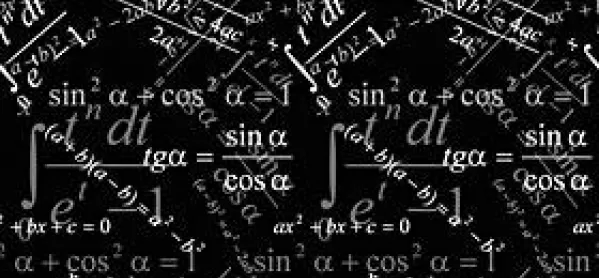“Something is going TERRIBLY WRONG with the TEACHING of MATHS in this country.”
There are audible capital letters in the doom-laden tones of the narrator, portentously pronouncing the fate of an entire generation of schoolchildren.
“A FIFTH of children are leaving PRIMARY SCHOOL at 11 without BASIC NUMERACY,” he continues. “We reveal a SHOCKING case of this NATIONWIDE PROBLEM.”
Dispatches: Kids Don’t Count, a two-part programme examining the state of primary maths, does not question these assumptions. Instead, the Channel 4 documentary bludgeons viewers with a set of statements designed to leave them harking back to the good old days of rote-learning and time- table recitation.
So we see a 10-year-old girl standing at the whiteboard, marker pen in hand, contemplating the sum “12 + 14 = ”. She bites her lip, twisting the pen in her hand. Then she gives up.
“An eight-year-old should be able to do this simple sum,” the voiceover says. “Shannon is 10.”
Mathematically challenged Shannon is a pupil at Barton Hill Primary, in Bristol. Two-thirds of its pupils receive free school meals, and only half achieve expected levels in key stage 2 tests (1 - 12 = failing).
The aim of the programme, however, is not to malign 10-year-old children. It is to expose the way in which they are being FAILED by the SYSTEM. And so the programme-makers ask 155 teachers across the country to sit primary-level maths papers.
The results have already been widely reported: the average score is 45 per cent. However, its questions seem deliberately chosen to guarantee maximum schadenfreude for viewers: one teacher answers the question “4 + 2 x 5” with “40”. Another says that 2.1 per cent of 400 is 210.
So Dispatches brings in Richard Dunne, author of the Maths Makes Sense primary scheme. “I love maths! I really lurrrve” - the word comes out as a throaty growl - “maths!” Mr Dunne enthuses, with the avuncularity of a children’s television presenter. “What could I do to make you love maths?” A row of bemused 10-year-old faces looks up at him in silence.
He then delivers a series of lessons in which pupils learn to relate the “maths story”, or sum, to a “real-world story”, involving paper cups placed on a table. The aim is to translate mathematical abstractions into concrete actions.
“I write the maths story! You write the real story!” he repeats again and again, his exclamation marks as audible as the narrator’s capital letters.
The results are instantaneous: by the end of the first programme, pupils are talking using their own exclamation marks. “Last year, I didn’t even get maths!” one boy says, correctly adding two fractions together. “I love maths now!”
This is the end of the first programme; there is, as a result, very little left to say in the second programme. So we have some more portentousness - “Britain is FAILING its KIDS” - followed by some more enthusing from Mr Dunne. Then Rachel Riley, Countdown’s new Carol Vorderman, comes to Barton Hill and teaches pupils about negative numbers by digging holes in the school field.
Ten-year-old Shannon still hates maths - she doodles the words “I hate mathes (sic)” on her paper to prove it - but her classmates have all been converted.
By the end of the second part, the Year 6 pupils are impressing their future secondary maths teacher with their love of his subject. Mr Dunne, meanwhile, will doubtless be grateful for his maths skills when it comes to counting the money the programme generates for him.
But, for the viewer, it all seems too neat, too easily divisible into positive (exclamation marks) and negative (capital letters). As Shannon would doubtless agree, something does not quite add up.
Part two of Dispatches: Kids Don’t Count is on Channel 4 at 8pm on February 22.




